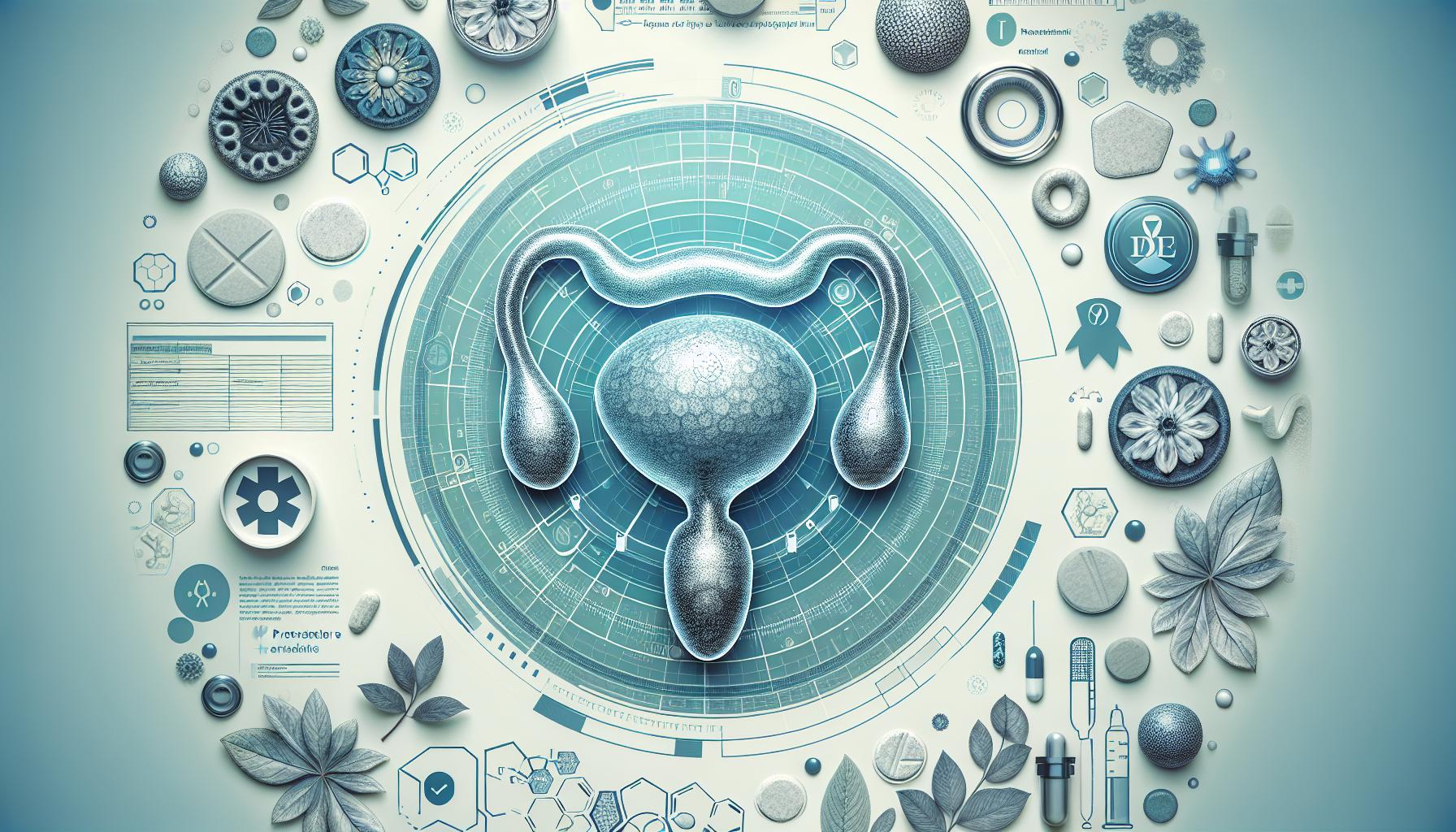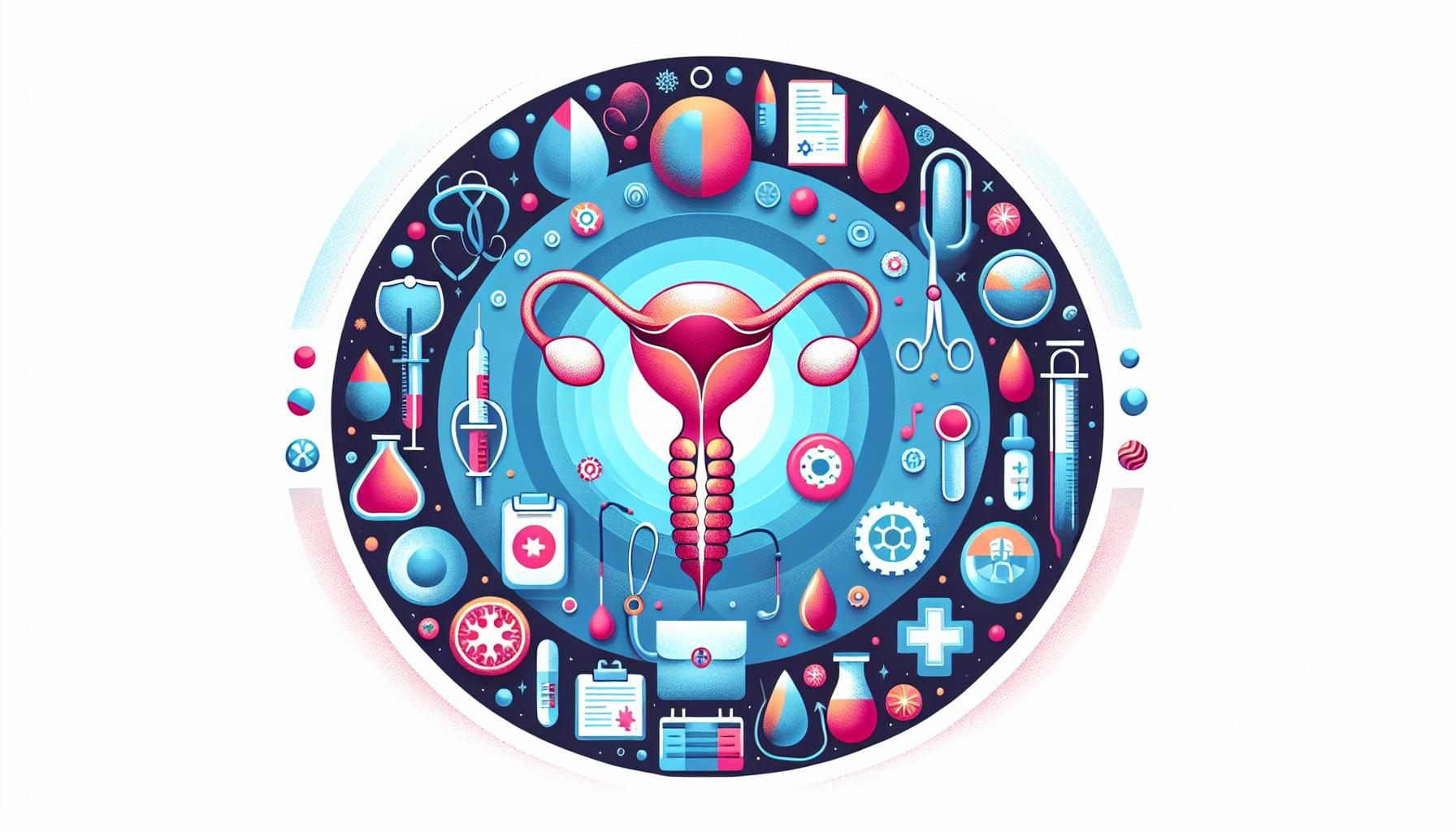
A Peep into the Paradox: Prostate Cancer and Estrogen
If you’ve encountered a conundrum concerning prostate cancer treatments, you’re not alone: “Why give estrogen for prostate cancer?” This question often pops up during discussions on the topic, and with good reason. While it may seem odd, it’s true that estrogen, traditionally associated with female hormonal balances, can play a pivotal role in tackling this male-centric malignancy. Used judiciously under expert medical guidance, estrogen can significantly reduce the progression of prostate cancer, often providing an alternative course to conventional treatments. To truly grasp this paradox, we’ll sail through the connections between hormones and health, then dive into the details of estrogen’s specific properties that potentially alleviate prostate cancer symptoms.
Unveiling the Hormonal Connection
To kick things off, it’s important to remember that various hormones in our bodies contain a world of wonder. Far from static, these potent chemicals are embroiled in intricate interactions and complex functions every single moment. Hormones like estrogen and testosterone are the key players on this stage. Interestingly, prostate cancer, much like a villainous usurper, thrives on the masculine hormone, testosterone. This allegiance of sorts gives a new twist to the battle strategy against prostate cancer.
A Twist in the Tale: Enter Estrogen
Contrary to its female-focused undertones, estrogen isn’t just “hers”, but “his” as well. Men too, albeit in smaller quantities, have estrogen coursing through them. The interesting bit? While testosterone fuels the destructive growth of prostate cancer, estrogen puts the brakes on it.
Estrogen: A Valiant Vanguard against Prostate Cancer
The key to estrogen’s role in combating prostate cancer lies in its ability to lower testosterone levels. By plunging the production or blocking the effects of this hormone, estrogen effectively starves the cancer cells of their primary fuel, ergo slowing the disease’s progression. Here, the treatment using estrogen for prostate cancer resembles that childhood game of ‘tug-of-war’, but instead of a rope, it’s the hormone levels that are being yanked around.
Behind the Scenes: Estrogen’s Modus Operandi
Not to be pigeonholed as a one-trick pony, estrogen also takes on prostate cancer via another route. It deals a direct blow to the cancer cells by triggering apoptosis—yet another fancy term for cell-suicide. Simply put, estrogen induces the cancer cells to self-destruct, curbing their uncontrolled growth.
The Double-edged Sword: Risks and Side Effects
It’s not all peaches and cream though. Like every superhero caught in a tight spot, the use of estrogen for prostate cancer comes with its fair share of risks and side effects. High doses of estrogen can cause problems ranging from nausea to blood clots and heart diseases. It’s essential to remember that using estrogen for prostate cancer is a balanced act, constantly tip-toeing between benefit and harm.
The Yin and Yang of Estrogen Use
Despite the risks, estrogen therapy for prostate cancer doesn’t always spell doom and gloom. With careful monitoring and dose adjustments, the side effects can be managed. In short, the use of estrogen is like a well-choreographed dance, requiring a harmony of elements to bring about the desired outcome.
Conclusion: Stepping into a Future Framed in Hope
In a nutshell, estrogen’s proficiency in curbing prostate cancer’s progression positions it as a possible path in this relentless pursuit of better treatments. This odd but effective pairing validates that age-old saying, “It’s an ill wind that blows no good” – reminding us that even in adversity, we can find promising possibilities.
Frequently Asked Questions
1. Is estrogen only used for advanced prostate cancer?
It largely depends on the specific situation and the patient’s overall health. However, estrogen is often incorporated into treatment plans for advanced or recurrent prostate cancer.
2. Is estrogen therapy a standard treatment for prostate cancer?
No, it’s not standard. While it can play a beneficial role, it’s usually used when other treatments are ineffective.
3. Are there alternative treatments to estrogen therapy?
Yes, there are several treatment options available depending on the stage of the disease, including surgery, radiation, and other hormonal therapies.
4. What are the side effects of estrogen therapy in men?
Possible side effects range from minor problems, like fatigue and mood swings, to more severe issues such as deep vein thrombosis and Increased risk of heart problems.
5. Does estrogen therapy for prostate cancer impact sexual function?
Yes, estrogen therapy can cause side effects like low libido or erectile difficulties. However, these effects can often be managed and should be discussed with a doctor.


